Experts explain that each type has its advantages and disadvantages, in which buying stocks yourself is suitable for those who have time to research and monitor the market.
I am nearly 40 years old this year, planning to invest in stocks with a capital of about 10 million VND per month. I have researched and learned about the financial market. During this time, I am often advised to hold stocks for the long term because I do not have much time to monitor the market to follow the "surfing" style.
But I am wondering whether to buy stocks directly or invest in fund certificates. What are the advantages and disadvantages between these two methods? With the same long-term holding method, who should buy stocks themselves and who should buy fund certificates? Hope the experts can help answer.
Bui Van Dien
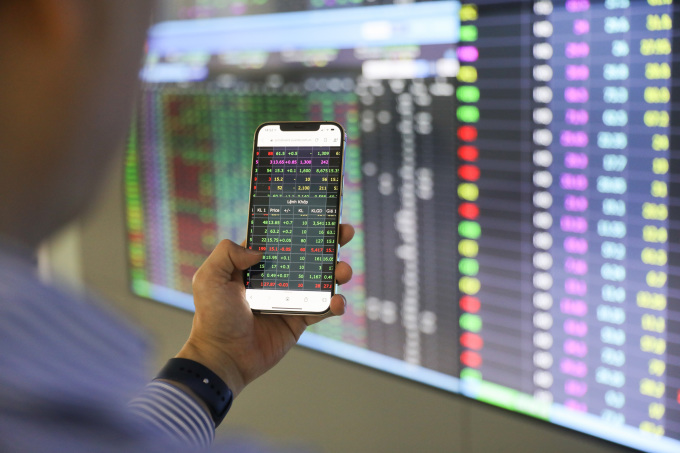
Investors monitor the market at a stock exchange in District 1, Ho Chi Minh City, March 2021. Photo: Quynh Tran
Consultant:
Based on the content of your question, I will divide it into three parts to answer your question. First, I will compare two ways: investing in stocks yourself and investing in fund certificates (usually open-end funds).
Self-invest in stocks | Investing in open-end funds | |
Alike | ||
Both invest in financial markets: stocks, bonds, certificates of deposit... and all do not have fixed interest rates. | ||
Different | ||
Minimum amount | To trade in even lots, investors will need to buy at least 100 shares. Each stock code has a different price, so the investment amount is large. | The minimum investment amount for fund certificates is 100,000 VND. |
Portfolio | Access to information to assess the financial situation of enterprises is limited. Investors must research potential stocks and bonds themselves (read news, read financial reports, listen to friends...). Usually invest in less than 10 stocks. | Fund management companies have experts in the financial field to thoroughly assess the financial situation of the business. Normally, an investment fund invests in over 20 stocks with diverse industries, thereby having a diverse investment portfolio. |
Transaction | Stocks fluctuate and are matched daily and hourly. | Usually traded at a set time, for example fund certificates at VCBF are traded twice a week. |
Transaction Fee | There is a fee for each purchase, sale and 0.1% tax. | There is a selling transaction fee (usually the longer the investor holds the fee, the lower it gets), a management fee and a 0.1% tax. |
Liquidity | May face the risk of no buyer. | The fund management company will buy back |
In the second issue, you raise the question: If the same long-term holding method, who should buy stocks themselves and who should buy fund certificates? In my opinion, the right person to invest in stocks themselves is an investor who can accept high risks and has a lot of knowledge in the financial field. They also have to have a lot of time to monitor the stock market.
Meanwhile, the right person to buy an open-end fund is an investor who wants to invest money in the financial market but is too busy to have time to research and monitor the market; wants to invest long-term; wants discipline and convenience; wants to have diversity in investment.
In addition, I have advice on optimizing asset allocation. To know what percentage of assets you should allocate to stocks at your current age, you can refer to the following formula:
| Risk acceptance rate = (100 - current age) x 100% |
For example, the acceptable risk ratio for a 40-year-old adult is (100 - 40) x 100% = 60%. This means that 60% of the money can be invested in high-risk and high-return investments. The remaining 40% should be allocated to more reasonable investments.
Pham Le Duy Nhan
Head of Portfolio Management
Vietcombank Fund Management Company (VCBF)

Source link


![[Photo] Speeding up construction of Ring Road 3 and Bien Hoa-Vung Tau Expressway](https://vstatic.vietnam.vn/vietnam/resource/IMAGE/2025/3/31/f1431fbe7d604caba041f84a718ccef7)

![[Photo] 2nd Conference of the Party Executive Committee of Central Party Agencies](https://vstatic.vietnam.vn/vietnam/resource/IMAGE/2025/3/31/8f85b88962b34701ac511682b09b1e0d)

![[Photo] Prime Minister Pham Minh Chinh receives delegation of leaders of US universities](https://vstatic.vietnam.vn/vietnam/resource/IMAGE/2025/3/31/8be7f6be90624512b385fd1690124eaa)
![[Photo] General Secretary To Lam receives US Ambassador to Vietnam Marc E. Knapper](https://vstatic.vietnam.vn/vietnam/resource/IMAGE/2025/3/31/5ee45ded5fd548a685618a0b67c42970)
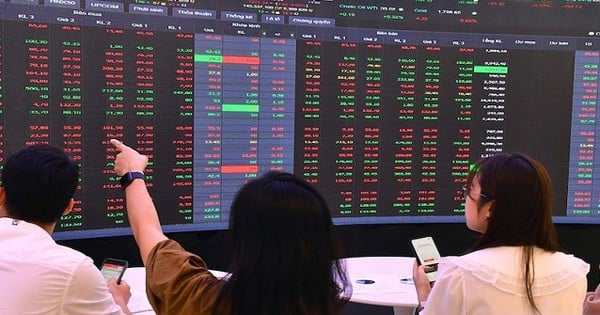




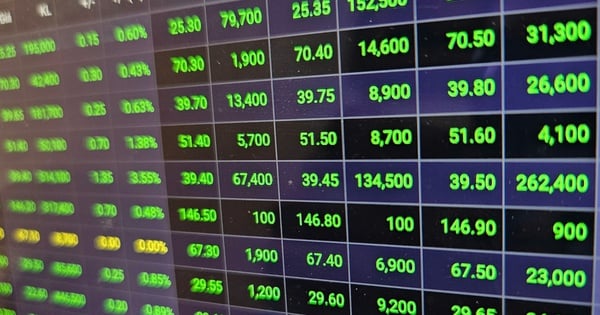


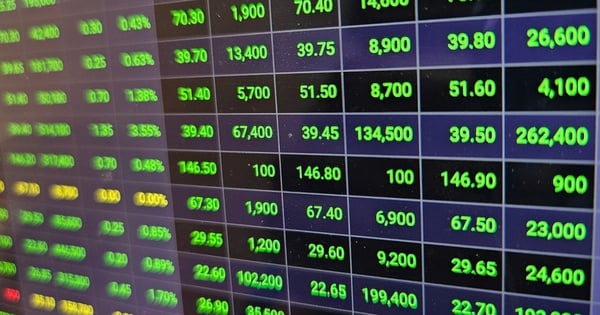


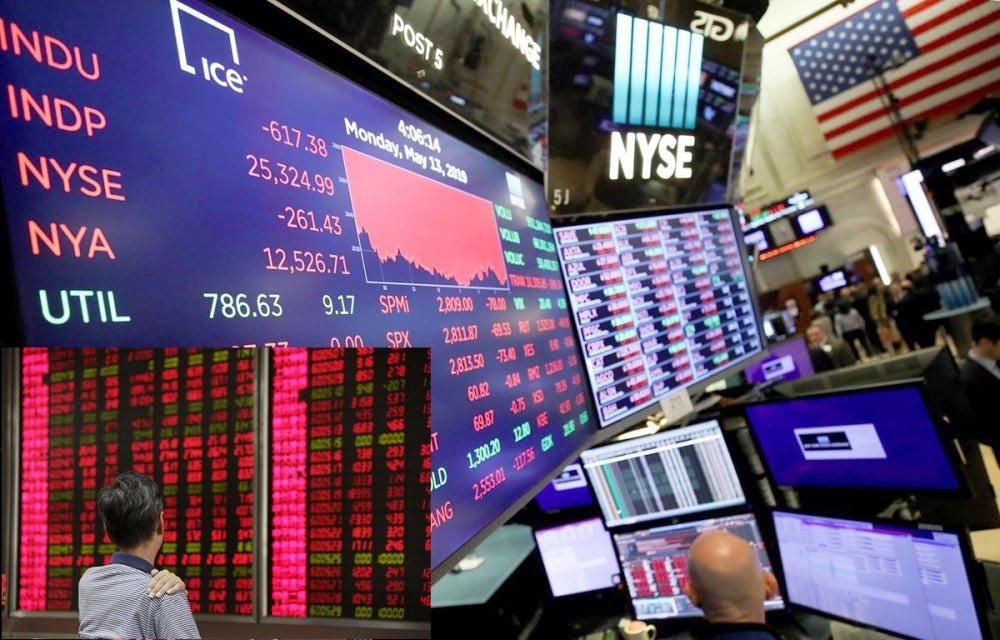

























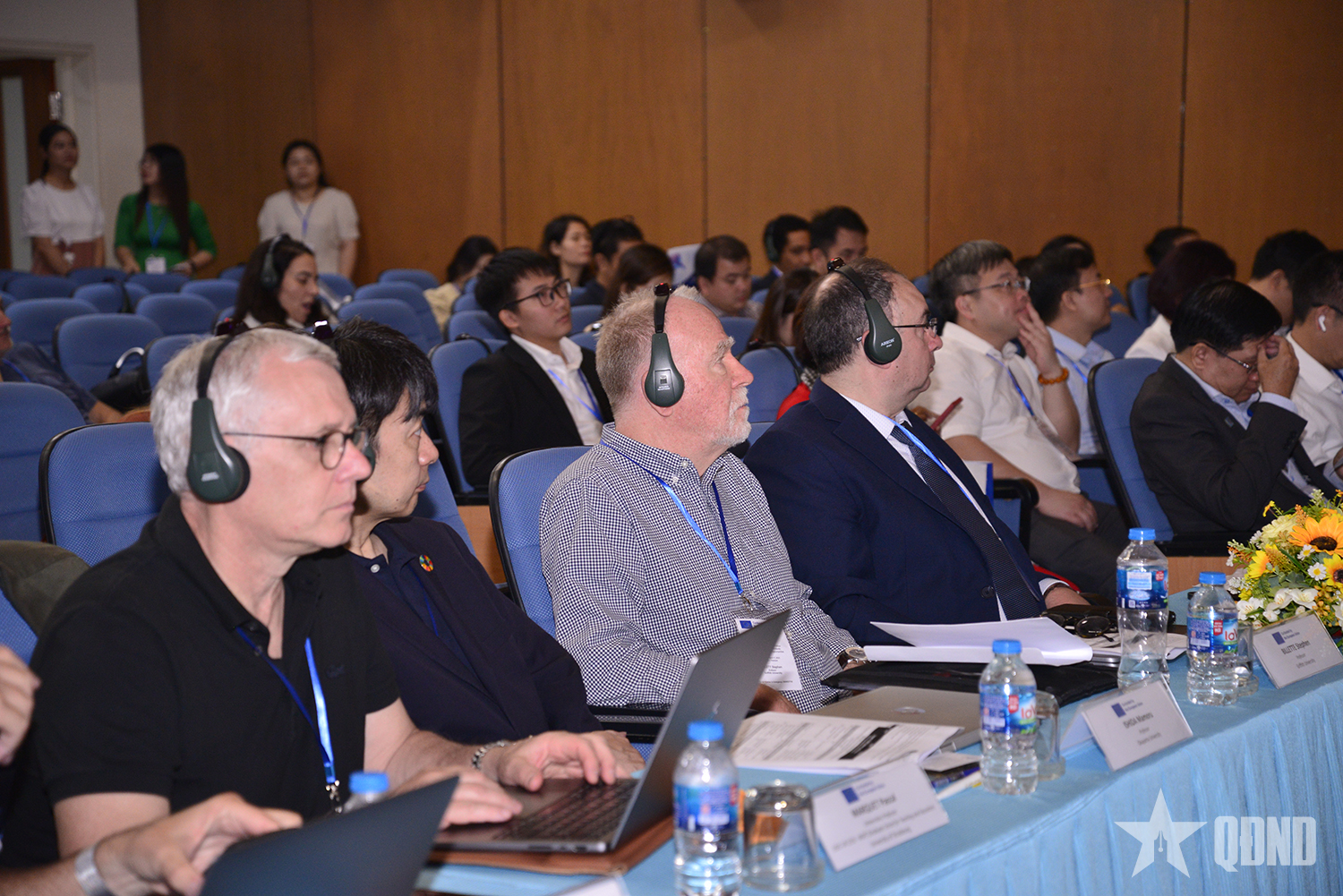


















































![[REVIEW OCOP] An Lanh Huong Vet Yen Cat](https://vstatic.vietnam.vn/vietnam/resource/IMAGE/2025/3/27/c25032328e9a47be9991d5be7c0cad8c)

Comment (0)